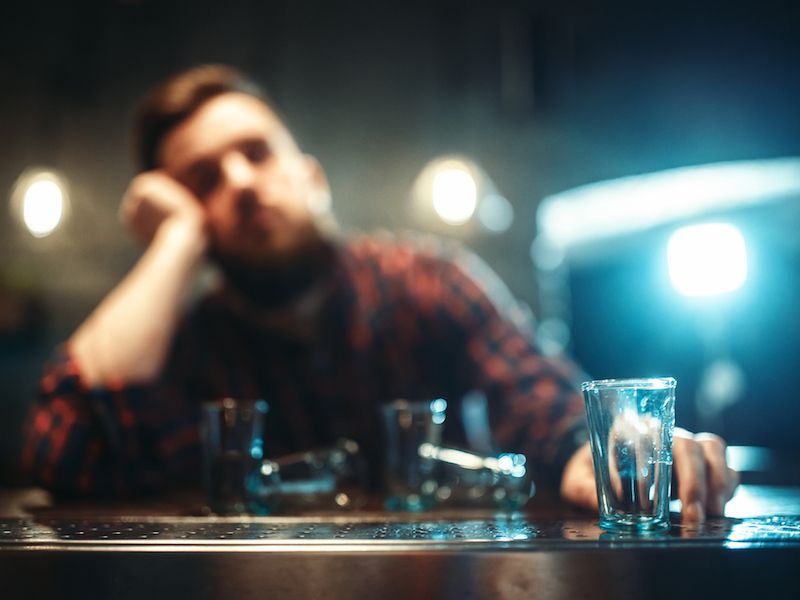
More than likely you are aware that the US . is having an opioid crisis. Over 130 people are dying every day from an overdose. There is a link, which you may not have heard about, between drug and alcohol abuse and hearing loss.
According to new research published in the American Journal of Preventive Medicine and carried out by a group at the University of Michigan, there’s a link between those under the age of fifty who are suffering from loss of hearing and abuse of alcohol or other substances.
After analyzing approximately 86,000 respondents, they found this link is stronger the younger the person is. Regrettably, it’s still not well known what causes that connection to begin with.
Here’s what this specific research found:
- People were two times as likely to develop a general substance abuse issue than their peers if they got hearing loss when they were between the ages of 35 and 49.
- People who developed hearing loss when they were younger than fifty were at least twice as likely to abuse opioids as their peers. They were also usually more likely to abuse other things, such as alcohol.
- When it comes to hearing loss, people over the age of fifty who developed hearing loss didn’t differ from their peers when it comes to substance abuse.
Solutions and Hope
Those numbers are shocking, particularly because experts have already accounted for issues such as class and economics. We have to do something about it, though, now that we have recognized a relationship. Remember, correlation is not causation so without knowing the exact cause, it will be difficult to directly deal with the issue. Researchers had a couple of theories:
- Medications that are ototoxic: Hearing loss is known to be caused by these medications.
- Lack of communication: Emergency medical departments are designed to get people in, deal with them, and get them out as efficiently (or, in many cases, quickly) as possible. Sometimes they are in a rush, particularly if there’s a life-threatening emergency waiting for them. In situations like this, a patient might not get proper treatment because they can’t hear questions and instructions properly. They might agree to suggestions of pain medicine without completely listening to the risks, or they might mishear dosage instructions.
- Higher blood pressure: It’s also true, of course, that alcohol raises your blood pressure, sometimes to unhealthy levels. And both some pain killers and also high blood pressure have been shown to harm your hearing.
- Social solitude: Cognitive decline and social isolation are well known to be associated with hearing loss. In situations like these, it’s common for people to self medicate, and if the person doesn’t understand that hearing loss is an issue or what the cause is, this is especially true.
Whether loss of hearing is made worse by these situations, or those with hearing loss are more likely to have them, the damaging consequences are the same to your health.
Preventing Hearing Loss and Substance Abuse
The authors of the research recommend that doctors and emergency responders work very hard to make sure that their communication protocols are up to date and being followed. It would be helpful if doctors were on the lookout for people with hearing loss, in other words. But it would also help if we as individuals were more mindful of some of the symptoms of hearing loss, too, and got help when we need it.
Don’t be scared to ask questions of your doctors like:
- Will I become addicted to this medicine? Do I actually need it, or is there an alternative medicine available that is safer?
- Is this medication ototoxic? Are there alternate options?
If you are unsure of how a medicine will impact your overall health, what the risk are and how they should be taken, you shouldn’t take then home.
Additionally, if you think you are suffering from hearing loss, don’t wait to get checked. If you ignore your hearing loss for only two years you will pay 26% more for your health care. So schedule an appointment now to have a hearing test.
